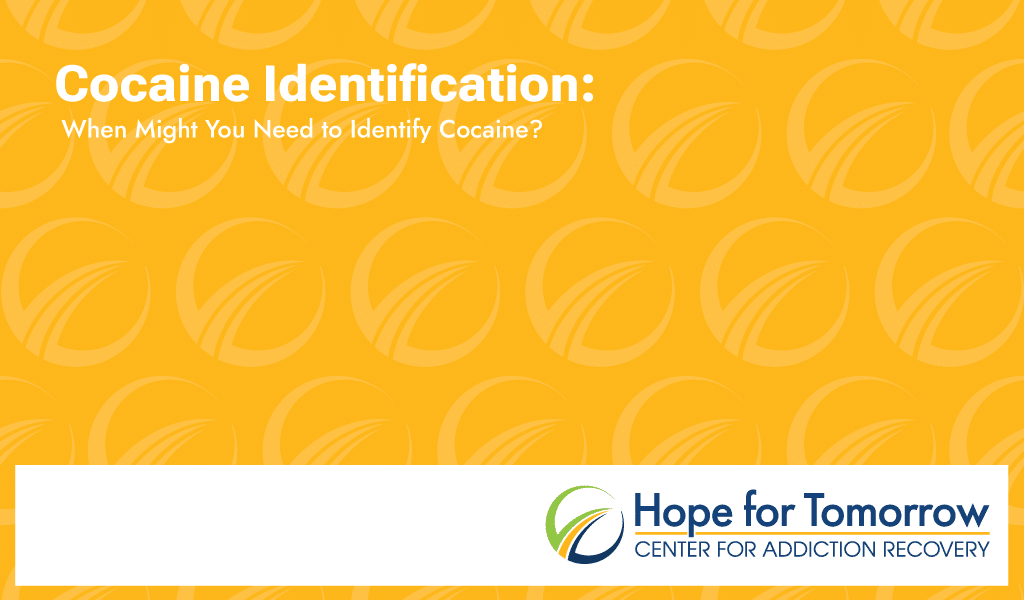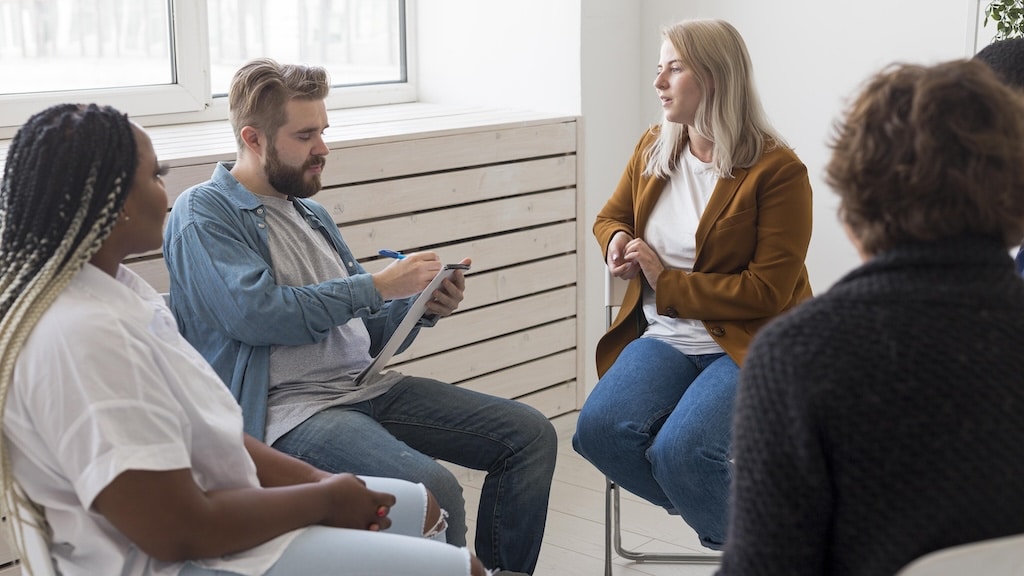

If you find a white substance in your child’s room, how do you know what it is? Are they one of the 27,000 West Virginians who used cocaine in 2021?
Cocaine identification is important, and as an addiction recovery center, Hope for Tomorrow is very familiar with what cocaine looks like. We also know its danger, and how easy it is to get sucked into repeated use. Identifying cocaine is one of the first steps to helping your loved one avoid or recover from a cocaine use disorder. Let’s talk about how to spot this popular substance.
Cocaine is a stimulant, appealing due to how happy it can make you feel. It works by stimulating dopamine, a neurotransmitter responsible for those good feelings. Cocaine interferes with the systems in your brain controlling the recycling of dopamine, causing it to build up in unnatural amounts. This causes the sought-after euphoria of the substance, while chronic cocaine use changes the brain.
Overdosing on cocaine by itself is relatively rare, but mixing it with other substances makes it significantly more dangerous. Heart attacks, strokes, and seizures are possible, and the withdrawal symptoms that come with long-term cocaine use are unpleasant, to say the least.
Cocaine comes in multiple forms, but they all have the same origin. Both are important details to know when it comes to identifying it.
While some people claim cocaine has a chemical scent and tastes bitter, that’s not a reliable way to identify it, and more importantly, it’s not safe.
The main forms of cocaine are powdered cocaine and crack cocaine, which comes in a more crystalized form. Powdered cocaine is typically snorted, while crack is most commonly smoked. No matter the form, it’s usually hidden away, most commonly in a plastic baggy.
Crack cocaine is a crystalized, rock-like substance coming in white, brownish, or pinkish colors. It’s usually opaque. Powdered cocaine is a white powder, which makes it easy to confuse with other powdered substances, such as baking soda, flour, or sugar. It’s also difficult to tell the difference between powdered cocaine, meth, heroin, and fentanyl.
The only way to tell the difference between fentanyl and cocaine is by using fentanyl test strips. Because fentanyl is frequently mixed into the supply of other substances, we recommend them. West Virginians can order them at no cost here.

Sometimes, you can’t count on seeing your loved one with cocaine to determine if they’re taking it or not. The best evidence of their cocaine use will be through their actions and outward health. You can look for these side effects as an additional identifier:
People rarely get addicted to cocaine “for fun.” Addiction comes from trauma, undiagnosed mental health conditions, stress, and in some cases, a genetic predisposition.
Over time, cocaine changes your brain. It reduces regular excitatory neurotransmitters so feeling pleasure without cocaine is difficult, and it rewires the stress signals in your brain to compel you to seek the substance out to cope. The part of your brain responsible for decision-making and self-awareness is also impacted, making it hard to see the true consequences of cocaine in your life.
None of this is the fault of people with cocaine use disorder. It’s a medical condition that needs treatment, just like any mental or physical health condition.

Whether it’s you or a loved one involved with cocaine, it can be scary. You might feel like you’re sling-shotting between euphoria and despair over and over. When you quit cocaine, the withdrawal symptoms are intense and difficult, making it even harder to stay away from a substance you can’t help but crave. There is something you can do to help, though: seek cocaine addiction treatment. You can find stability again, and you don’t have to face this alone.
Hope for Tomorrow believes everyone, from all walks of life, deserves addiction treatment. We welcome veterans, pregnant women, couples, those with additional health conditions, and everyone in between. Where other facilities may treat you like a number or overlook you, our passionate staff is eager to meet you, get to know you, and guide you on your personalized treatment plan as you find recovery. Give us a call today at 877-679-8162 for more on how we can help.
Treatment today for a brighter tomorrow.